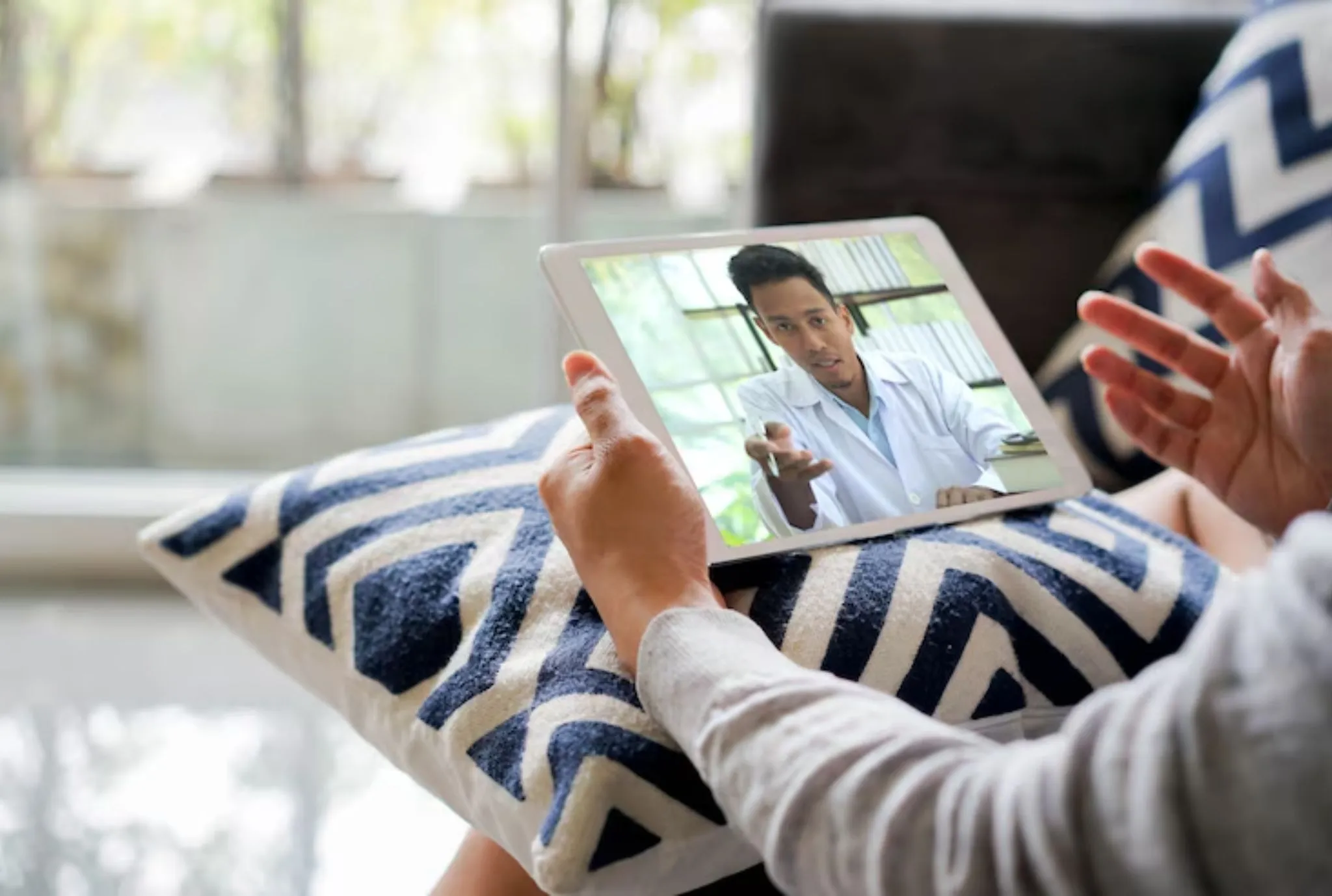How Helpful Is Telepsychiatry?
In this article, we will discuss the technology and diagnostic reliability of Telepsychiatry. It will also discuss the benefits of this type of care, and how it can benefit your healthcare. Read on to learn more. Listed below are some of the Telepsychiatry. Weigh the benefits against the potential disadvantages. Also, consider the professional guidance provided by a trained mental health professional. This type of care is more convenient for both patients and doctors.
With nearly 90% of the U.S. population currently under stay-at-home orders, telepsychology has become the only option for many Americans seeking mental health treatment. Federal and state regulators have temporarily relaxed regulations on videoconferencing for clinical purposes to increase access to mental health care. The ability to provide treatment remotely has opened up many doors for mental health providers to reach more patients. Additionally, it has reduced the stigma associated with seeking mental health care.
Evidence demonstrates that videoconferencing-based telepsychiatry has the same impact on patient outcomes as face-to-face treatment. In fact, large-scale naturalistic studies have confirmed that telepsychiatry is no less effective than face-to-face care.
Technology Of Telepsychiatry
Although the use of telepsychiatry has become commonplace, the lack of guidelines and ethical issues can pose significant challenges to care providers. In the absence of adequate guidance and oversight, patients may be exposed to privacy issues and compromised security. As the field of telepsychiatry matures, it will become easier for hospitals and health systems to reimburse this type of care at the same rate as they do face-to-face visits.
The prevalence of mental health disorders among young adults continues to rise, while COVID-19 has crippled the healthcare industry. Telepsychiatry offers a novel perspective on these challenges. It allows physicians to address a variety of mental illnesses, while still adhering to social distancing policies and addressing patient demand. Moreover, telepsychiatry is highly cost-effective, making it one of the most preferred methods of care.
Diagnostic Reliability Of Telepsychiatry
A recent study raised concerns about the diagnostic reliability of telepsychiatry, raising questions about the accuracy of assessments of negative symptoms of schizophrenia. The assessment of negative symptoms of schizophrenia requires a close relationship with and a thorough understanding of the patient. Telepsychiatry has the potential to address this issue and become a permanent part of healthcare delivery systems. But it needs to be studied further before it can be considered a viable option for mental health care delivery.
The authors of the study report moderate to high levels of agreement between raters. They also reported lower reliability for observational items than for subjective ones. In addition, the authors used clever study designs to measure reliability. For example, they observed ICCs greater than 0.95 under varying connection quality and bandwidth conditions. The reliability of telepsychiatry is still a topic for further study.
Professional Guidance Of Telepsychiatry
There are a number of benefits of professional guidance in telepsychiatry. For one, it allows psychiatrists to consult with patients throughout the country, regardless of location. Additionally, telepsychiatry services can be used to monitor adherence to mental health programs. While telepsychiatry services are not a replacement for personal consultations, they can be a valuable component of an overall care plan.
The American Psychiatric Association recognizes telepsychiatry as a valuable service but cautions practitioners to maintain the autonomy and privacy of patients. Telepsychiatry practitioners must assess the patient before implementing telemedicine. Patients with severe personality disorders or those experiencing severe emotional turmoil are unlikely candidates for telemedicine. Furthermore, acutely agitated patients may need in-person treatment.
Clinical Outcomes Of Telepsychiatry
The goal of the study was to assess the costs associated with the use of telepsychiatry compared to in-person care. To this end, the researchers developed lower one-sided 95% confidence intervals (CIs) to compare both types of care. The results indicate that telepsychiatry can be an effective option for mental health services. However, these findings do not prove that telepsychiatry is superior to in-person care.
The study also analyzed the effectiveness of telepsychiatry as an option for bipolar disorder treatment. Researchers used a standardized questionnaire to measure patient satisfaction. The study’s authors found that telepsychiatry improved the treatment and outcomes of bipolar disorder patients. This was significant because only about one-third of patients receiving mental health care receive adequate care, according to the Institute. By using telepsychiatry, they sought to improve access to mental health care and maintain quality outcomes for all patients.
Contact us or call us today if you need a professional telepsychiatry service. We’re here to help you! Visit our blog for more related articles.

